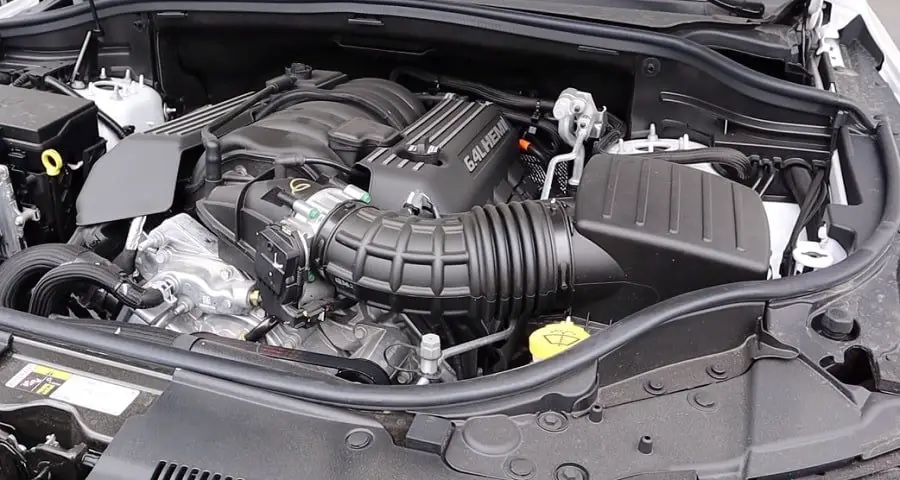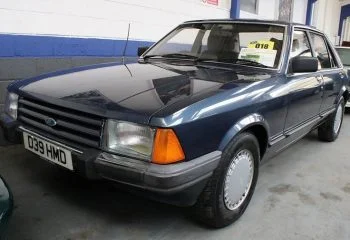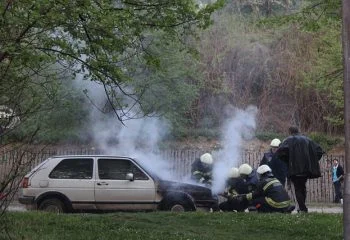It can be frustrating when your Jeep Grand Cherokee won’t move in gear. You might think something is wrong with the car, but more often than not, the problem is something simple that you can fix yourself.
In this blog post, we’ll discuss some of the reasons why your Jeep Grand Cherokee might not move in gear and how to fix them. So read on to find out what you need to do to get your car back up and running!
What's in this post?
Reasons Why Your Jeep Grand Cherokee Won’t Move In Gear
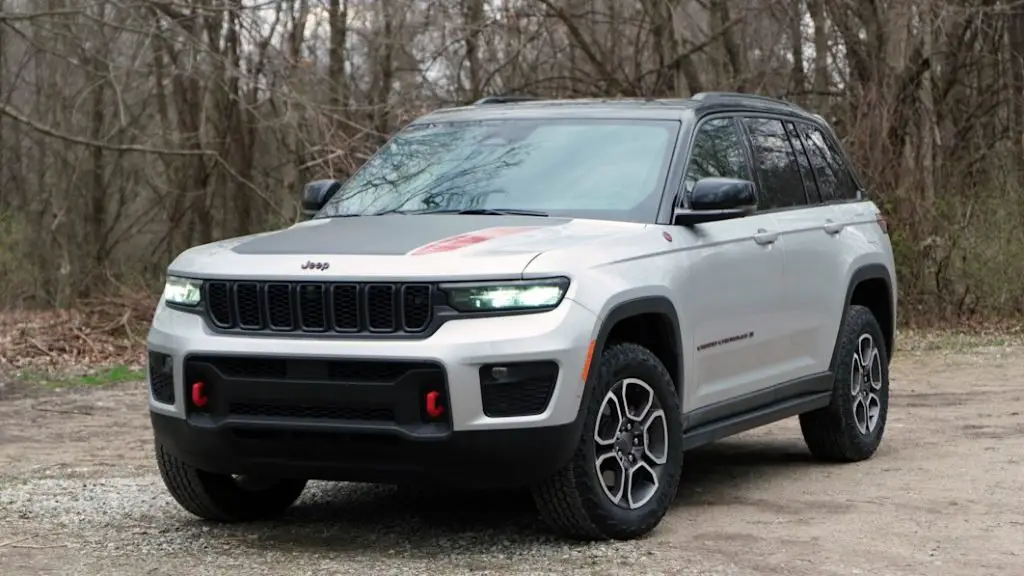
Shifting problems are one of the most common transmission issues.
In many cases, this will solve the problem outright. However, there are other potential causes of shifting problems. For instance, if the fluid is old or dirty, it may need to be flushed and replaced. Here’s a look at some of the main reasons
Transmission Fluid Problems
When your car isn’t going into gear, the first thing you should suspect is low transmission fluid. Transmission fluid is essential to maintaining the lubrication and cooling of moving parts in your car, and a low fluid level can cause big problems.
Not only can low fluid levels cause transmission issues, but the fluid can also become thinned out or dirty over time, requiring a complete replacement. Checking andreplacing your transmission fluid is easy to do yourself and only takes a few minutes.
Locate the transmission dipstick near the back of the engine (near the firewall) and pull it out. Wipe it off and return it to its original position. Pull it out again and take note of the color, level, and smell of the fluid. If it’s low, simply add some more until it reaches the correct level. By keeping an eye on your transmission fluid, you can avoid serious transmission issues down the road.
Broken Transmission’s Valve Body
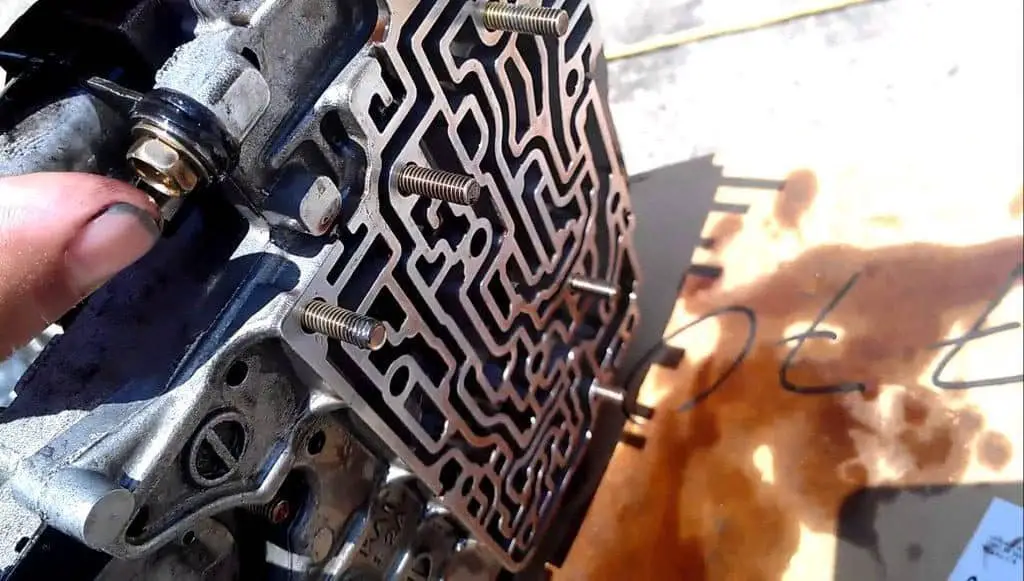
The transmission is one of the most important parts of your Jeep, and any problems with it can be incredibly frustrating. One issue that can cause your Jeep to stall or vibrate is a faulty automatic transmission valve body.
The valve body is responsible for regulating the flow of hydraulic fluid in the transmission, and if it breaks, it can cause a host of problems. In addition to preventing your Jeep from shifting gears properly, a broken valve body can also result in limp mode, transmission failure, and more.
If you suspect that your Jeep’s valve body is having issues, it’s important to take it to a qualified mechanic as soon as possible. While repairing a broken valve body is by far the most complicated procedure, it’s still possible to fix it if you catch the problem early enough.
Shift Lock Release Not Working
The shift lock release is a safety feature that is included in many cars, including the Jeep Grand Cherokee. This system prevents the car from being shifted out of park unless the brake pedal is depressed and the ignition is turned on.
If either the shift interlock solenoid or the brake light switch fails, the car will not be able to shift out of park. In addition, if the Park-Neutral safety switch goes bad, the car will not start. If the shift lock release switch is not working, it may be possible to deactivate the interlock solenoid by depressing the shift lock release switch. However, if this does not work, it will be necessary to call a tow truck.
Severed Shift Linkage Wire
If you’ve ever had your car gearshift get stuck or fail to change gears, you know how frustrating it can be. In most cases, the problem is simply a loose wire or cable that has become disconnected.
However, in some cases the linkage wires can become completely severed, making it impossible to shift gears. If this happens, the only way to fix the problem is to replace the damaged wires with new ones.
Although it’s not a common issue, it’s important to be aware of it so that you know what to do if it happens to you. With a little bit of knowledge and some basic tools, you can easily fix the problem yourself and get back on the road in no time.
Torque Converter Issues
A torque converter is a fluid coupling that is used to transfer rotating power from a prime mover, like an internal combustion engine, to a rotating driven load. A bad torque converter can cause a car to become immobile and make noises when it starts.
Although your vehicle gradually stops making these noises after a while, it tends to stall while switching gears. The torque converter is seriously affected by low-quality transmission fluid, late transmission fluid changes, dirty transmission fluid filters, and ignoring all signs of jerks or abnormal noises. As a result, it is important to be mindful of the maintenance of your vehicle’s transmission in order to avoid a bad torque converter.
Misaligned Gear
When your Jeep’s gears become misaligned, broken, or stripped, it can prevent the Jeep from moving. This is because the gears are not able to engage properly.
Over time, this issue can cause the gears to grind against each other, which can lead to noise and metal deposits that can damage other parts of the transmission.
If you notice any of these issues, it is important to have the transmission repaired by a professional. In addition, the mechanic should flushed the transmission, radiator cooler, and valve body with solvent to remove any debris that could cause further damage. By taking these steps, you can help to ensure that your Jeep’s transmission stays in good working order.
Failure of an electronic sensor
The Jeep Grand Cherokee is a popular SUV, and many models come with advanced computer systems to control the transmission. However, these systems can sometimes fail, resulting in the vehicle not shifting into gear.
If this happens, the best course of action is to read the error code associated with the check engine light. This will help to diagnose the problem before contacting an expert. Experts can also use computerized diagnostic equipment to determine if a sensor has failed and is causing the problem.
Jeep Grand Cherokee Not Moving? Here’s What to Do
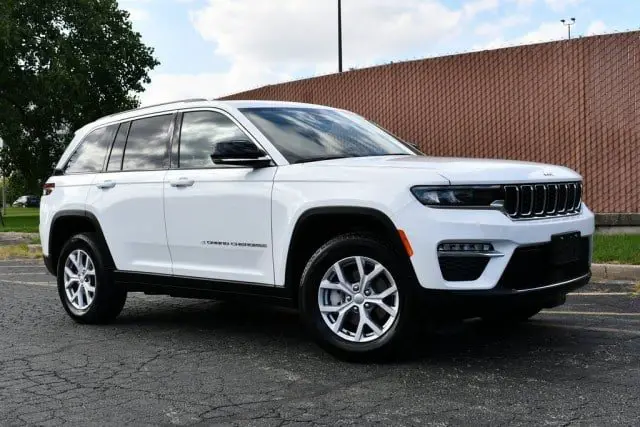
Check the Battery
One of the first things you should do if your Jeep Grand Cherokee won’t start is check the battery. Make sure that the battery terminals are clean and that the cables are securely attached. If the battery is more than three years old, it may need to be replaced.
Check the Fuel Level
Another thing you can check is the fuel level. If the fuel tank is empty or nearly empty, that could be why the car won’t start. Try adding some fuel and see if that gets the car moving again.
Check for a Loose Connection
Another possible reason why your Jeep Grand Cherokee won’t start is a loose connection. Check all of the connections under the hood to make sure they are tight and secure. This includes checking the spark plug wires and making sure they are connected to the spark plugs correctly.
Replacement cost of Jeep Grand Cherokee automatic transmission
You can expect to pay around $3,500 for a new automatic transmission for your Jeep Grand Cherokee. This cost will vary depending on the year and model of your Jeep, as well as the labor rates in your area.
If you have a warranty on your Jeep, you may be able to get the transmission replaced for free or at a reduced cost. However, if you don’t have a warranty, you’ll likely have to pay the full cost of the replacement. Fortunately, there are a few ways to save money on this repair. You can check with your local dealership for any specials they may be running on Jeep transmission replacements.
You can also look for online coupons or discounts from auto repair shops in your area. With a little bit of effort, you should be able to find a great deal on your Jeep Grand Cherokee’s automatic transmission replacement.
Preventing Jeep Grand Cherokee gear engagement failures in the future
There are several things you can do to help prevent gear engagement failures in your Jeep Grand Cherokee. First, make sure to keep your vehicle’s transmission fluid clean and at the correct level. Over time, transmission fluid can become dirty and will not work as well at lubricating and cooling the transmission parts. This can lead to increased wear and tear on the transmission, which may eventually result in a gear engagement failure.
Second, have your Jeep Grand Cherokee’s transmission serviced regularly by a qualified mechanic. During this service, the mechanic will check the condition of the transmission parts and make any necessary repairs or replacements. This will help keep your transmission in good shape and reduce the likelihood of a gear engagement failure.
Finally, be sure to drive carefully and avoid putting stress on the transmission. For example, don’t shift gears too quickly or harshly, and avoid driving in very low gears for extended periods of time. If you take good care of your Jeep Grand Cherokee’s transmission, it should provide you with many trouble-free miles.
Conclusion
If your Jeep Grand Cherokee won’t move in gear, there are a few potential reasons why this may be happening such as low transmission fluid level, a worn clutch, or faulty TCM. In some cases, there may also be an issue with broken parts within the transmission itself which will require inspection by qualified mechanic

